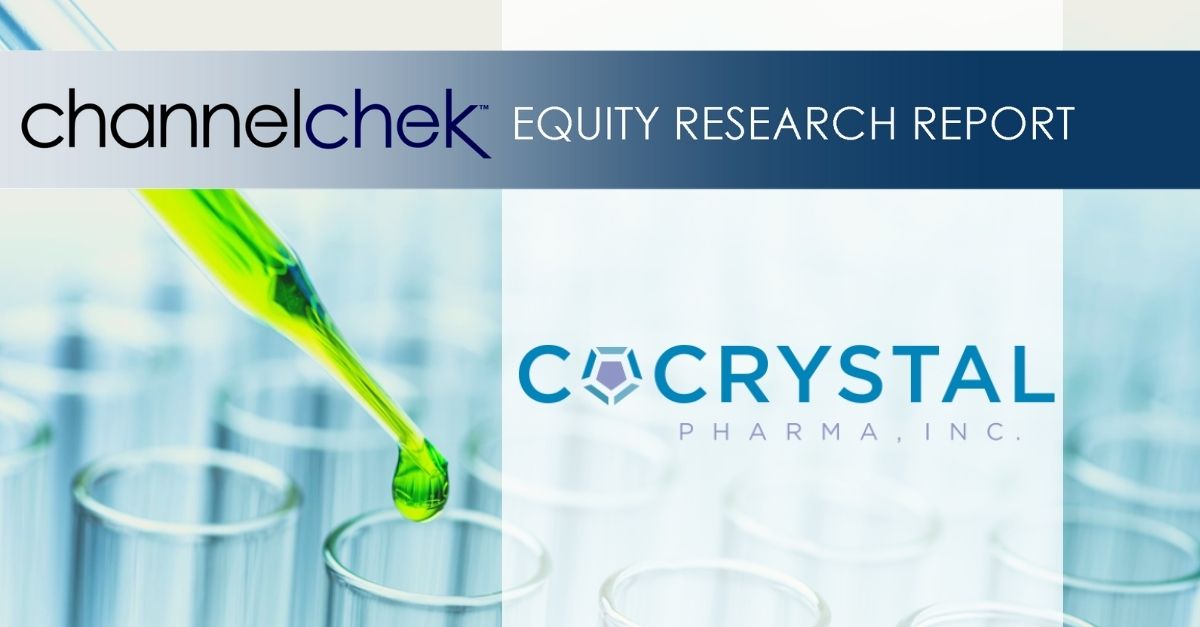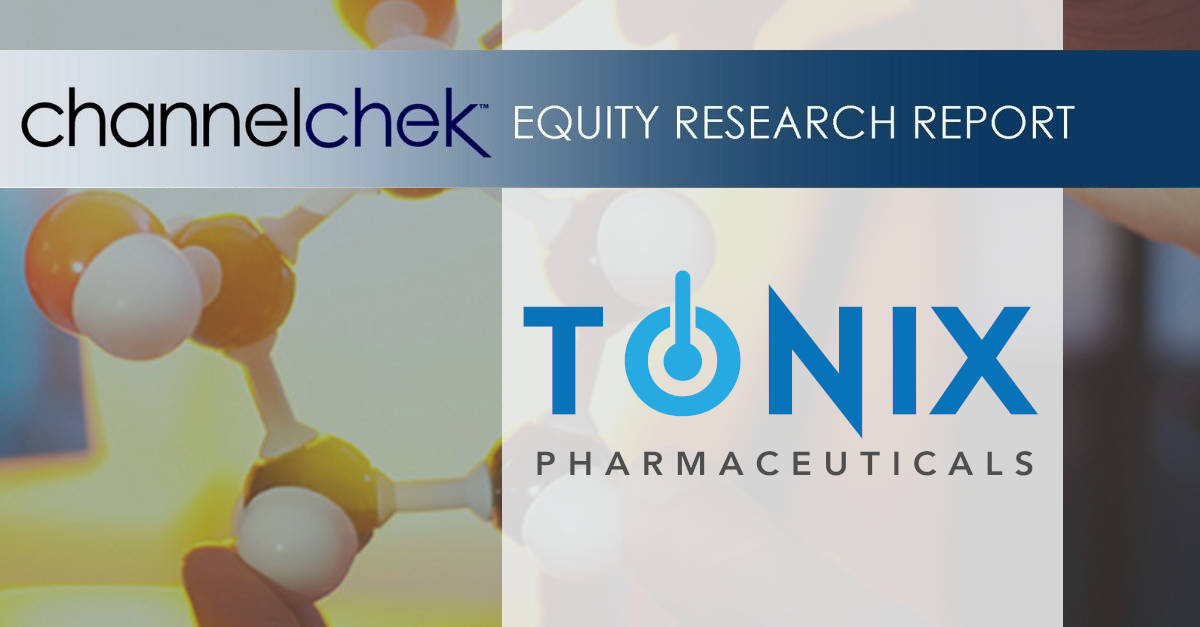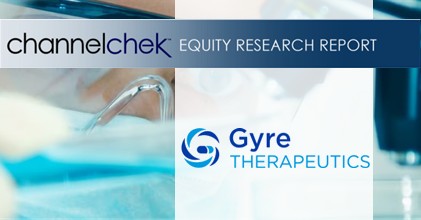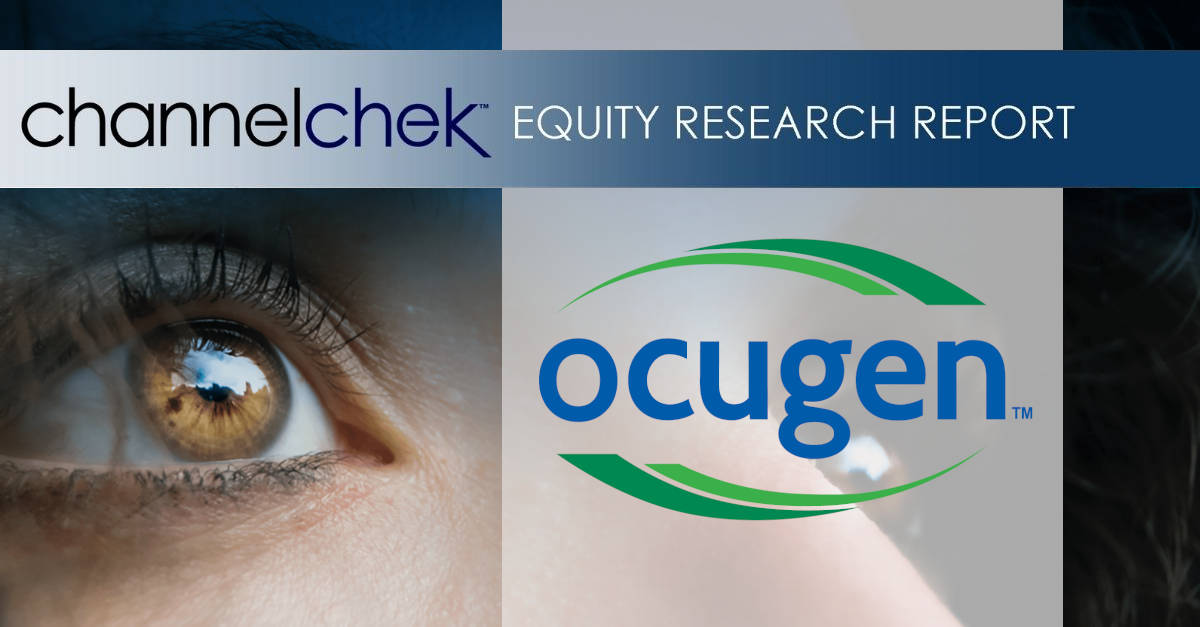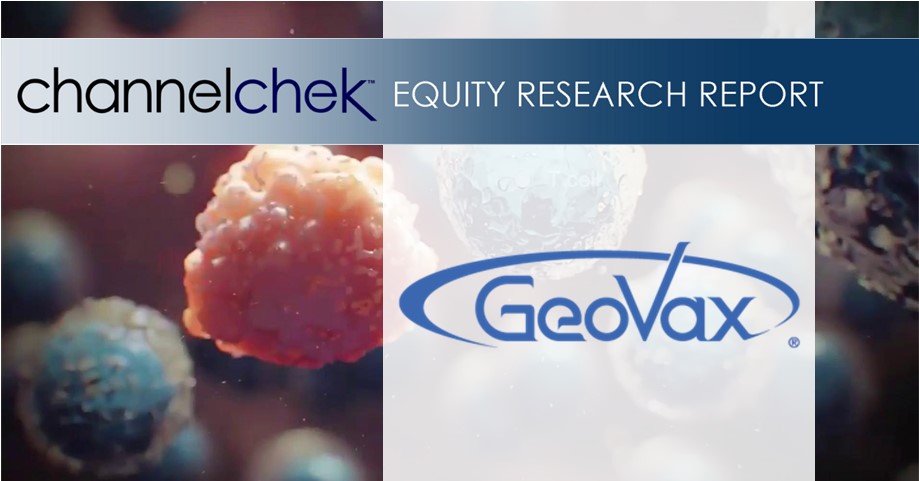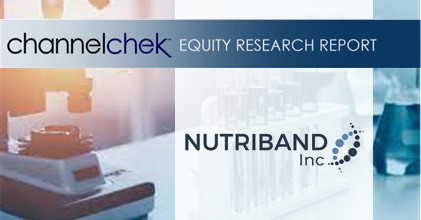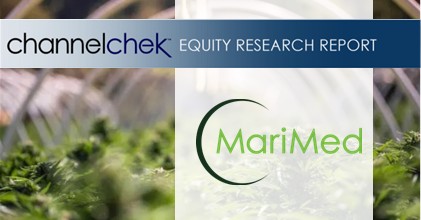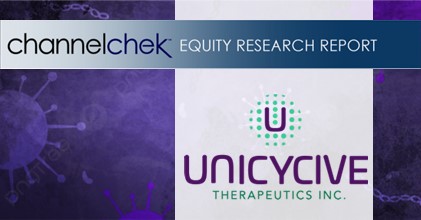
Monday, May 19, 2025
Cocrystal Pharma, Inc. is a clinical-stage biotechnology company discovering and developing novel antiviral therapeutics that target the replication process of influenza viruses, coronaviruses (including SARS-CoV-2), hepatitis C viruses and noroviruses. Cocrystal employs unique structure-based technologies and Nobel Prize-winning expertise to create first- and best-in-class antiviral drugs. For further information about Cocrystal, please visit www.cocrystalpharma.com.
Robert LeBoyer, Senior Vice President, Equity Research Analyst, Biotechnology, Noble Capital Markets, Inc.
Refer to the full report for the price target, fundamental analysis, and rating.
Fourth Quarter Included New Data On Norovirus Variants. Cocrystal reported a 1Q25 loss of $2.3 million or $(0.23) per share. During the quarter the company announced Phase 1 results from its CDI-988 study in norovirus. Importantly, preclinical data showed efficacy against new norovirus variants. We believe this provides additional support to Cocrystal’s method of targeting highly-conserved viral replication enzymes to make effective drugs against both current and future variants. Cash on March 31, 2025 was $6.9 million.
CDI-988 Activity Includes New Variant Strains. CDI-988 is a protease inhibitor in development for norovirus and corona virus. CDI-988 has shown activity against multiple strains, with new preclinical data in April 2025 showing efficacy against the GII.17 and GII.4 strains that have recently been most prevalent. Results from the Phase 1 high-dose cohort in healthy subjects is expected to be announced in 2Q2025. A human challenge trial is planned for later in FY2025 to evaluate CDI-988 for treatment and prophylaxis against norovirus.
Get the Full Report
Equity Research is available at no cost to Registered users of Channelchek. Not a Member? Click ‘Join’ to join the Channelchek Community. There is no cost to register, and we never collect credit card information.
This Company Sponsored Research is provided by Noble Capital Markets, Inc., a FINRA and S.E.C. registered broker-dealer (B/D).
*Analyst certification and important disclosures included in the full report. NOTE: investment decisions should not be based upon the content of this research summary. Proper due diligence is required before making any investment decision.
